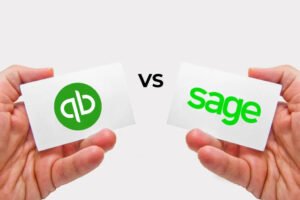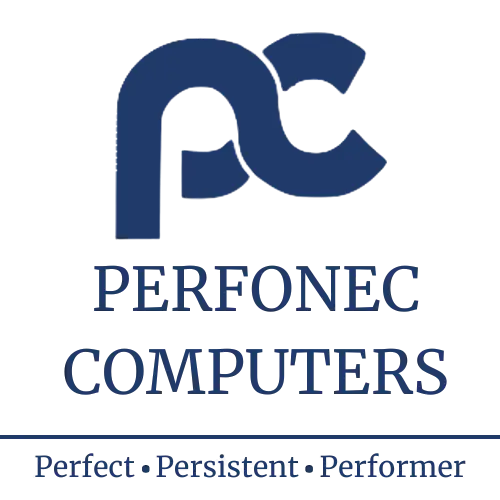
In today’s rapidly evolving business environment, choosing the right accounting software has become crucial for finance professionals and accounting managers. With many options available, QuickBooks Enterprise and Sage 50 (formerly Peachtree) are two popular options that are often considered.
These accounting solutions come with special features that can have a significant impact on a company’s financial operations and decision-making. This blog post provides finance professionals with the context and detailed insights they need to make an informed decision between QuickBooks Enterprise and Sage 50.
1. Technological Advancements and Ease of Use
- QuickBooks Enterprise: QuickBooks Enterprise Accounting Software focuses on simplicity and ease of use, making it an ideal choice for businesses with little to no accounting expertise. The user-friendly interface and intuitive design allow users to quickly complete various accounting tasks. Despite its focus on ease of use, QuickBooks Enterprise also offers a robust set of features that meet the needs of large businesses and enterprises.
- Sage 50: Sage 50 peachtree has a reputation for technological advancements and offers a wide range of editions and software components tailored to large businesses and enterprises. Sage 50 has a steeper learning curve than QuickBooks Enterprise, but it makes up for it with advanced features that are suitable for accounting knowledge and experienced users.
2. Scope of Features
- QuickBooks Enterprise: QuickBooks Accounting focuses primarily on accounting and core accounting functions. It offers comprehensive tools for managing invoices, expense tracking, financial reporting, and cash flow management. QuickBooks Enterprise have the extensive ERP component suite in comparison to Sage 50, it does offer an easy-to-use and efficient accounting experience.
- Sage 50: Beyond basic accounting functionality, Sage accounting includes multiple ERP components. It offers solutions for inventory management, order tracking, payment processing, and other advanced features, making it a comprehensive solution for businesses looking for an all-in-one accounting and enterprise resource planning system.
3. Industry-specific solutions
- QuickBooks Enterprise: Designed for a wide range of industries, QuickBooks Enterprise offers generic accounting tools that can be customized to fit your specific business needs. QuickBooks Enterprise offers industry-specific functionality, including construction, retail, manufacturing, real estate, and wholesale.
- Sage 50: Enterprise-focused Sage 50 offers a diverse portfolio of industry-specific solutions. It offers customized functionality for construction, retail, manufacturing, real estate, and wholesale companies. These specialized tools enable businesses to optimize their accounting processes and effectively meet industry-specific requirements.
4. Third-Party Applications and Ecosphere
- QuickBooks Enterprise: Win. : While Sage 50 has a large number of integration features, QuickBooks Enterprise has the largest base of add-on solutions that extend functionality far beyond native features. This alone can multiply your investment many times over to easily and effectively improve your business and operations.
5. Price
- QuickBooks Enterprise software and Sage 50 software offer pricing options to suit different business needs. To determine the most cost-effective solution for your business, it is important to evaluate the specific features, scalability requirements, and ongoing support offered by each provider.
- Conclusion
As a financial professional or accounting manager, choosing the right cloud accounting software is critical to streamline your financial operations and drive business success. QuickBooks Enterprise and Sage 50 Peachtree are powerful solutions with their own strengths and target groups. QuickBooks Enterprise excels in ease of use, making it an excellent choice for companies with limited accounting experience. Meanwhile, Sage 50’s advanced features and industry-specific solutions make it a strong competitor for larger companies and businesses.





